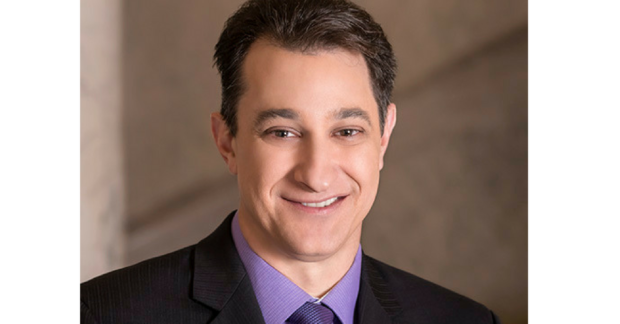
Over the last two years, seven local governments have paid nearly $1 million to quietly pad the pensions of 13 Idaho public employees. That doesn’t include the secretive plan to pay as much as $205,000 into the state’s pension system so that Bonneville School District Superintendent Chuck Shackett can retire early. The arrangement between the school board and Shackett just came to light after some sleuthing by Idaho Education News.
The district’s payment into Shackett’s retirement account is not unique. According to state pension system spokesman Kelly Cross, two of the 13 retirement payouts were larger than Shackett’s, though the exact figures and the local government agencies involved weren’t available by my publication deadline.
Under Idaho law, state and local government employee retirement benefits are calculated using a formula based on the employee’s wages and length of public service. Additionally, employees may “purchase time” in the pension system, which enables them to retire with a higher monthly pension payment. And, occasionally, government agencies make the purchase themselves on behalf of an employee.
For example, in 2009, the state spent almost $73,000 to buy additional service time for the Division of Human Resources director, which allowed her to retire eight months early. That disclosure led to revelations that the state Tax Commission spent $13,500 to boost the retirement pension for an employee who had been fired and the Department of Education spent $42,000 to let an employee retire rather than be laid off. Employees at the State Historical Society and Department of Lands also received special consideration with retirement boosts at taxpayer expense.
In 2010, the Idaho Legislature passed and the governor signed a bill to prohibit state government agencies from purchasing time for state employees. Local governments were not addressed. Back then, lawmakers talked about the possibility of one day addressing the use of taxpayer dollars to purchase time in the pension system on behalf of local government employees, but they never did.
Shackett told me, he and the school board believe the retirement boost benefits schoolchildren. Shackett said, the pension payment enables him to retire at the end of this school year, instead of in 2021, to provide an orderly transition to a new superintendent in August 2019. As a side note, I would argue that any well-structured organization plans for such contingencies. Succession plans and leadership development are markers of good management, and allow for the ongoing function of a government agency, a business, or an organization whether its leader retires, is fired, or dies. That means either the district failed to plan or the district is providing a gift to Shackett because it can.
Moreover, I suspect that when taxpayers pay their hard-earned money to the government school system, they imagine that the money will find its way into teacher paychecks and classroom supplies, expenditures that benefit student learning. They don’t imagine that the money is being used to pad employee benefits so that they can enjoy a retirement windfall. It’s also infuriating that Shackett’s retirement gift is coming at the same time the school district is crying poor and asking the voters for another supplemental levy.
Here’s a simple test for government officials to use when evaluating the appropriateness of an expenditure or a policy that permits an expenditure: Consider the waitress who is working a double shift, a single mom struggling to make ends meet in order to feed her kids. Imagine looking her in the eye. Tell her that the government needs her money more than she does, followed by an honest explanation for how the money will be spent. For the above situations, you would have to say, “We need your money more than you so that a government employee can retire early with a higher monthly payout.” If the explanation makes you flinch, makes you sick to your stomach, is embarrassing such that you may deem it worthy to be shrouded in secrecy, you’re doing the wrong thing.
And if you’re still not sure whether the expenditure is appropriate, the rule is simple: Idaho taxpayers shouldn’t be made to inflate the retirement accounts of individual government employees. Local government officials should know better, and the Legislature should take steps to prohibit such spending because some local officials still can’t figure that out.
Written by Wayne Hoffman, the executive director of the Idaho Freedom Foundation.
